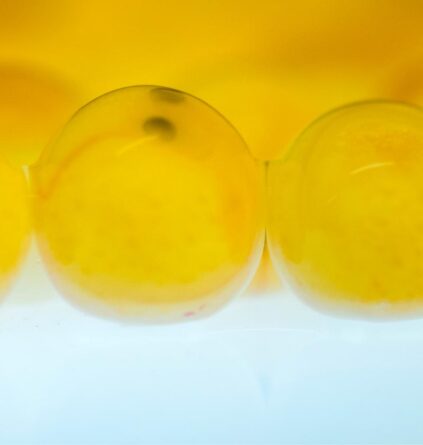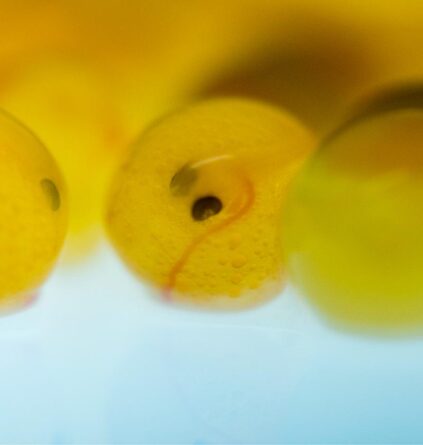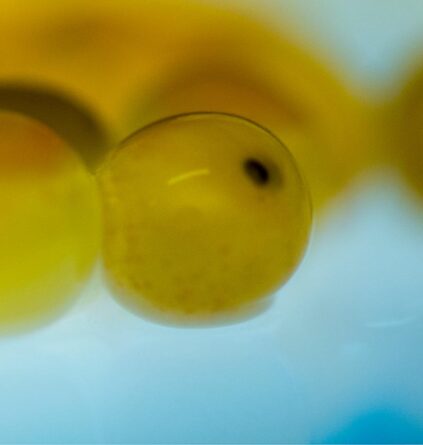ARI’s facilities and researcher faculty and staff offer a range of services that span the innovation pipeline from the idea phase to monitoring and diagnostics to development and commercialization.
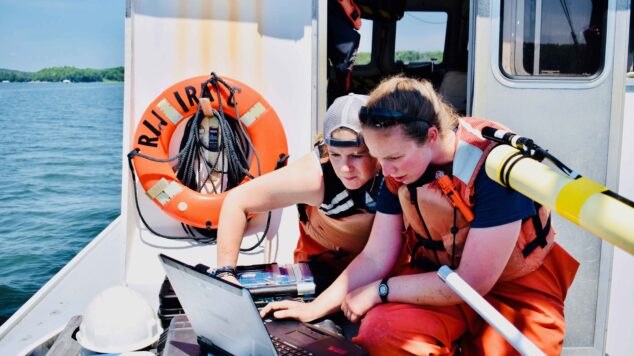
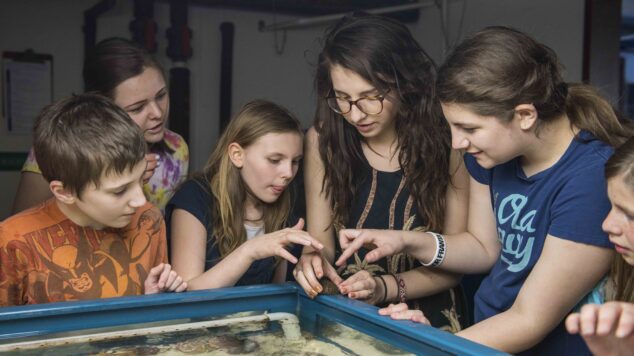
Fish Nutrition
ARI researchers run a full-service feed and nutrition lab. The group is capable of fish feed formulation and evaluation of alternative feedstuffs using digestibility trials, production performance (growth trials), analytical, physio-biochemical, immunological, and molecular (nutrigenomics) approaches. In addition, this group specializes in microencapsulation and feed technology. These capabilities are fundamental for feed development for sustainable aquaculture production.
Aquatic Animal Health
ARI’s research faculty are experts in aquatic animal health and provide specialized services to aquaculture industrial partners. ARI can develop diagnostic assays in collaboration with the aquaculture and biotechnology industries. ARI works with partners to complete defined projects in areas such as target animal studies, vaccine efficacy, pathogen challenges, drug approval processes, and species development. Our specialized biocontainment (ABSL3) facility allows work with new and emerging pathogens.
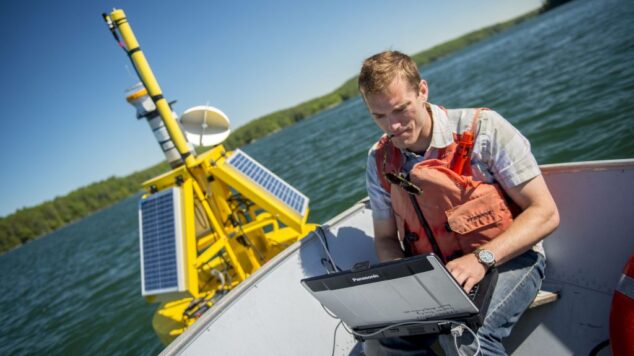
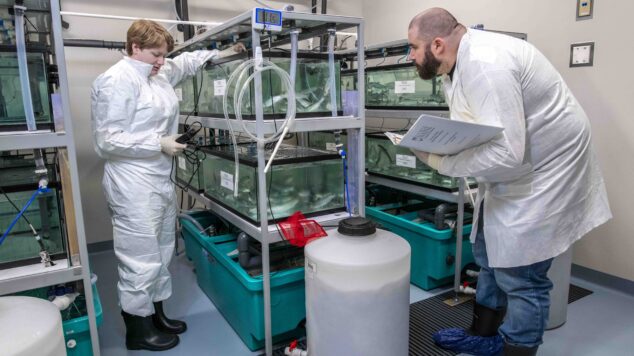
Field Services
At the Darling Marine Center, ARI maintains an Aquaculture Experiment Station, which includes an experimental lease site in the Damariscotta River and an experimental shellfish hatchery. Using these resources, ARI can offer research-scale field, hatchery, and grow-out trial services. ARI also offers water quality monitoring with Land Ocean Biogeochemical Observing (LOBO) buoys which can capture a baseline understanding of ocean chemistry in nearshore marine environments using a suite of instruments that record parameters such as temperature, dissolved oxygen, pH, turbidity, chlorophyll, and more.
Water Quality
ARI faculty and staff can offer advanced water quality testing of marine and freshwater samples as well as water from land-based systems. The ARI’s Volatile Organic Compound Laboratory offers testing for geosmin and 2-methylisoborneol in fish tissue and water using PDMS HiSorb© sorptive extraction with detection and separation of samples by a ThermoScientific Trace 1310 gas chromatograph and an ISQ 7000 Single quadrupole mass spectrometer. The Darling Marine Center based water quality lab can test for a suite of water quality parameters from fresh and saltwater samples.
Service Contact Form
